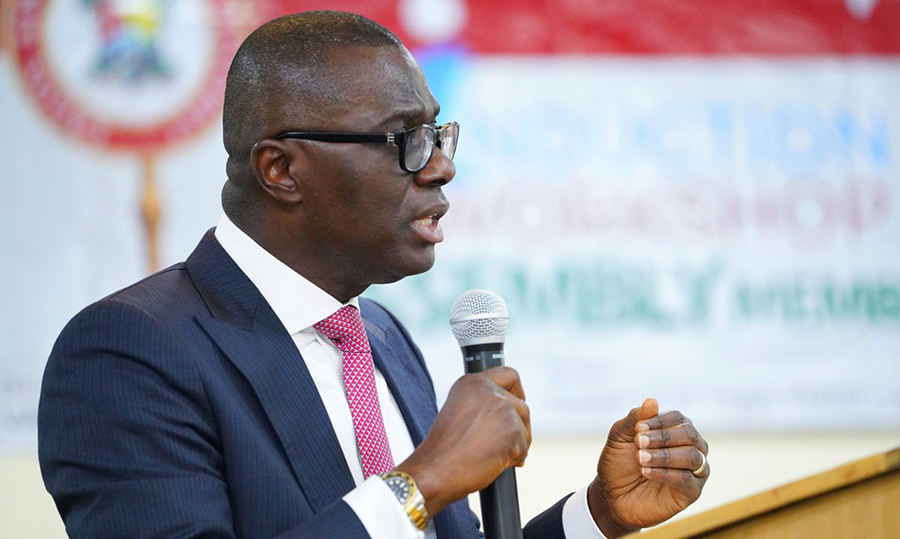The Lagos State Government has reduced the operational license fee placed on ride-hailing companies operating in the state by 20%.
The decision was taken during a stakeholders’ meeting with the State Governor, Babajide Sanwo-Olu on Friday.
Governor Sanwo-Olu’s media aide, Jubril Gawat, who disclosed the outcome of the meeting, also noted that it was attended by operators like Uber, Bolt, and BMP among others.
READ MORE: NIPOST’s new charges could have ruined the e-commerce/logistics industry
UPDATE: Today, The Lagos State Govt had a meeting with the E-Hailing Ride Stakeholders which was chaired by the Governor of Lagos State, Mr @jidesanwoolu at the Lagos House, Marina .. The Following resolutions were made which was agreed by ALL Parties: @Boltapp_ng @UberNigeria pic.twitter.com/WNrayVzpMG
— The Greater Lagos Project (@GreaterLagosNG) August 14, 2020
The Backstory: Earlier this week, the Lagos State Government had announced new guidelines designed for ride-hailing operations in the state. According to the new regulatory framework by the state which will take effect from August 20, 2020, ride-hailing companies were required to pay the Lagos State Government a 10% service tax on each transaction.
The new guidelines required operators to pay a provisional license fee of N10,000,000.00 for every 1000 cars in their unit and N25,000,000.00 for every unit above 1000 cars. Annual renewal of the license would cost N5,000,000.00 for every unit of 1000 cars and N10,000,000.00 for units with over a thousand cars in operations.
The guidelines also required that the vehicles must be brand new or within the first three (3) years of its manufacture as specified by the manufacturer.
READ MORE: OPay reacts to office shutdown, N25 million license fee
Now, during the meeting with the Governor, all parties agreed to newer resolutions which are:
- There must be comprehensive insurance cover which will cover drivers and passengers.
- A reduction of 20% on the operational licensing fees.
- A flat fee of N20 to be known as Road Improvement Fund which will be levied on each ride/trip.
- A 90-day compliance with documentation for the drivers – There will be a one-stop shop for all the documentation (especially LASSRA Card- Lagos State Resident Registration Agency.
- E- Hailing companies to work with various bodies in the business for a good relationship.
- There MUST be due diligence and background checks on all drivers.
- Riders should desist from offline trips and transactions.
- E-Hailing Firms must make necessary data available to the Govt.
Mr. Gawat also noted that media reports about operators being required to only use cars that are not more than 3 years are incorrect. Instead, the rule only applies to Corporate Cabs.
“This has nothing to do with the E Hailing business,” Gawat said.
On the requirements for sharing data, the Lagos state government said that data shared would be encrypted, and the personal information of ride sharers would not be disclosed.
READ MORE: 4 key points in the new Lagos 2020 Land Use Charge
“This will help Government clear up issues around congestion & also calculation for the charge paid to Government,” he added.
Uber had earlier told Nairametrics, after the guidelines were released, that it was willing to engage the government on regulations to ensure “our operations align with best practices locally and internationally.
“We have always been willing to engage with governments on regulations to ensure our operations align with best practices locally and internationally, as we believe regulations need to support innovative technology ideas that fit 21st-century businesses.
“The current proposed regulations are inconsistent and unclear. We are working to better understand how they will impact the future of our business and network of driver-partners. We will give an update in due course,” Uber said.
Download the Nairametrics News App
The meeting with the governor was needed, as clarifications were required on the execution of the guidelines.





















